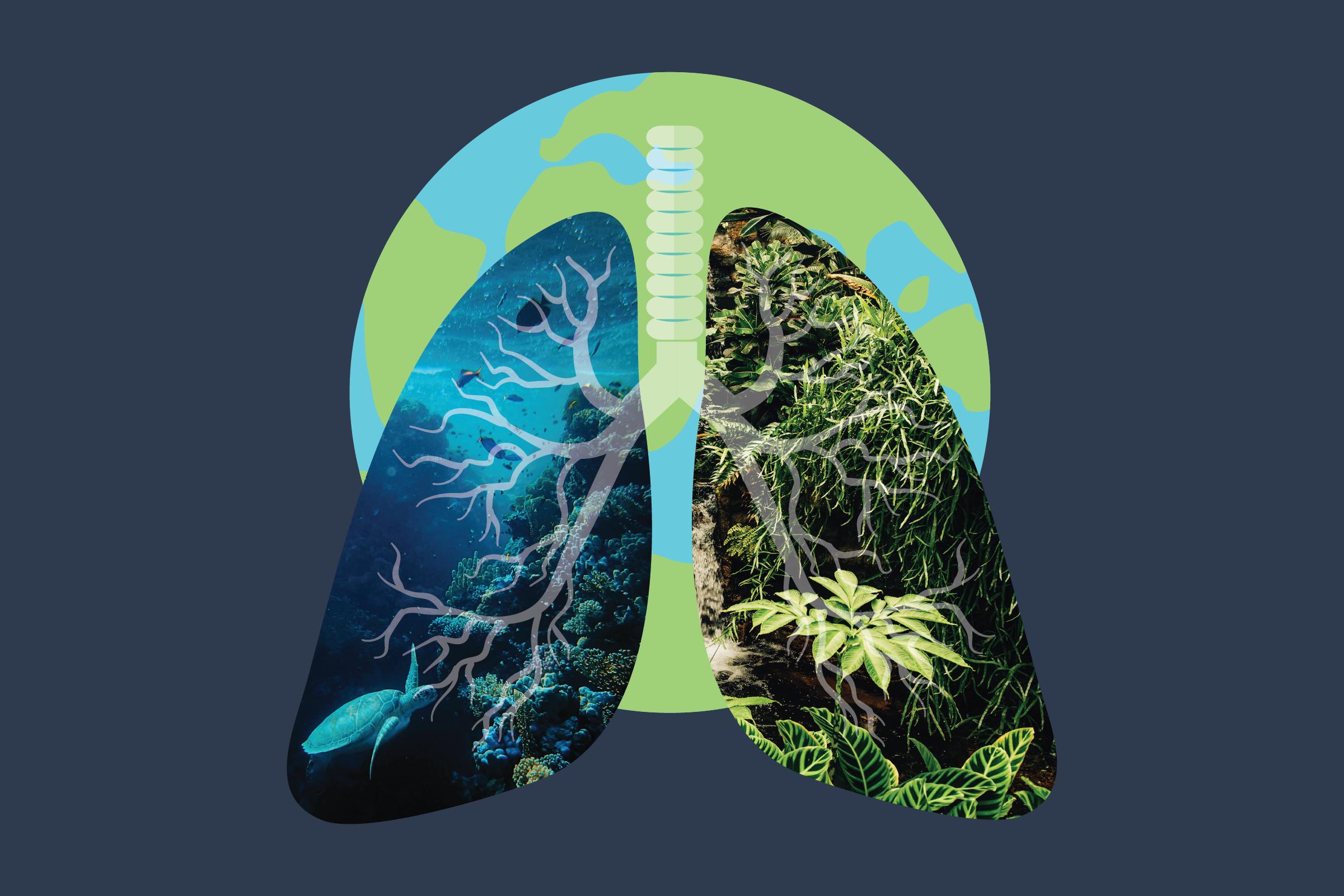The public health impact of climate change and the loss of biodiversity is now so severe as to be declared a global public health emergency that requires a coordinated international response.
The combined climate and nature crises are already having major effects on health, including loss of life from extreme weather events, heatwaves, air pollution, and the spread of infectious diseases, which will continue to worsen as global temperatures rise. Changes in land use have forced tens of thousands of species into closer contact, increasing the exchange of pathogens and the emergence of new diseases and pandemics. The health and livelihoods of millions of people across the world are in jeopardy.
Vulnerable nations are suffering the most extreme acute and chronic impacts, creating problems like poverty, infectious disease, forced migration, and conflict that spread through globalised systems. These knock on impacts affect all nations. In an interconnected world, environmental shocks create instability that have severe consequences for all nations.
The risks and consequences for the health of people have been highlighted by the editors of more than 220 health journals across the world in three subsequent years ahead of the UN Climate Change Conference: COP26, COP27 and COP28. With every passing year, the health impacts deepen and more lives are lost. Greater urgency and recognition of the public health emergency being caused by climate change and biodiversity loss is needed.
We are facing a global public health emergency which must be recognised for what it is and call on the WHO to make this declaration before or at the seventy-seventh World Health Assembly in May 2024 alongside the adoption of an ambitious resolution on climate change and health.




